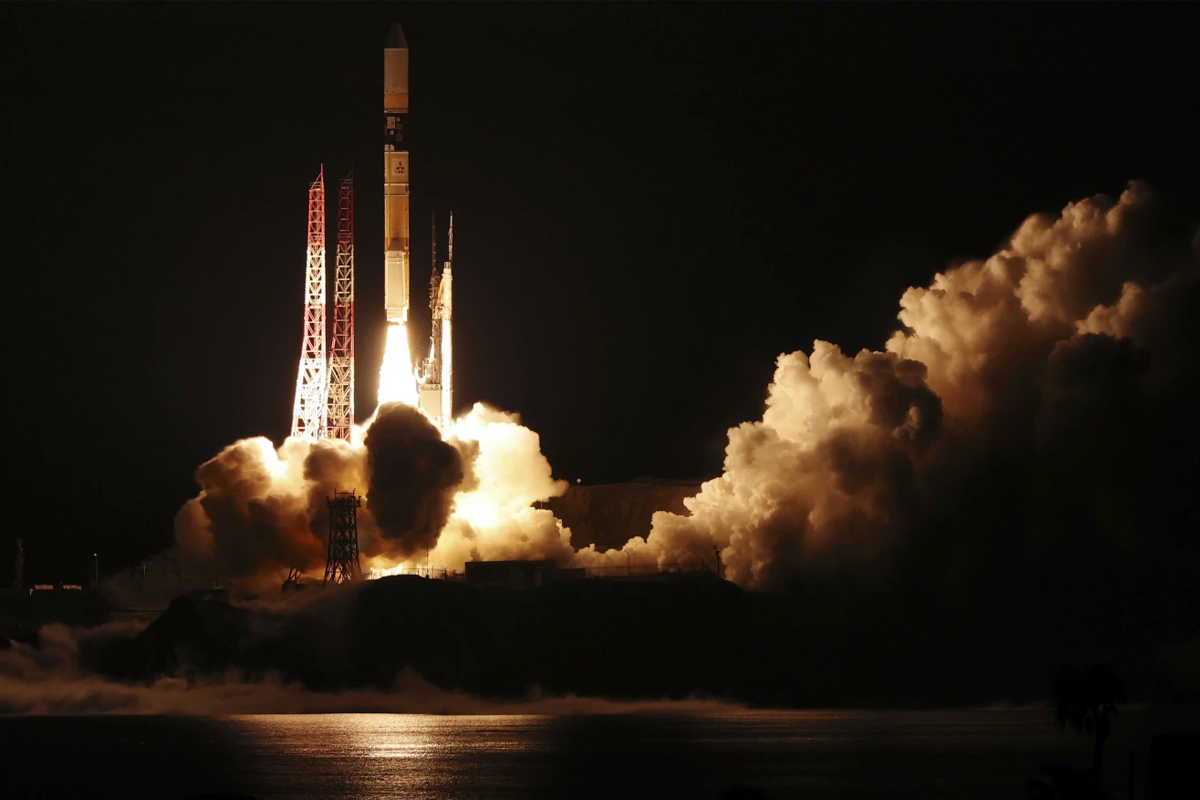
TOKYO: Japan successfully launched a climate change monitoring satellite on Sunday aboard its flagship H-2A rocket, marking the vehicle’s final mission before retirement.
The H-2A lifted off from the Tanegashima Space Centre in southwestern Japan, carrying the GOSAT-GW (Global Observing SATellite for Greenhouse gases and Water cycle), part of Japan’s ongoing efforts to combat climate change. About 16 minutes after launch, the satellite was successfully deployed into its planned orbit.
The launch, originally delayed due to a fault in the rocket’s electrical systems, drew emotional celebrations from engineers and scientists. “I’ve spent my entire life at work not to drop H-2A rocket... All I can say is I’m so relieved,” said Keiji Suzuki of Mitsubishi Heavy Industries, who has overseen H-2A launch operations throughout his career.
Sunday’s launch was the 50th and final mission for the H-2A, which debuted in 2001 and retires with a near-perfect success rate—49 successful flights out of 50. The rocket famously carried Japan’s SLIM moon lander and the Hayabusa2 asteroid mission, solidifying its legacy in Japanese space exploration.
Hiroshi Yamakawa, President of the Japan Aerospace Exploration Agency (JAXA), called the launch “a deeply emotional moment” for the team behind the rocket’s development.
GOSAT-GW is the third satellite in Japan’s greenhouse gas monitoring mission. It will begin distributing high-resolution climate data—including sea surface temperatures and precipitation—within a year to international partners such as the U.S. National Oceanic and Atmospheric Administration (NOAA).
The H-2A, powered by a liquid-fuel core and two solid-fuel boosters, has been operated by Mitsubishi Heavy Industries since 2007. Its successor, the more powerful and cost-efficient H3 rocket, is now fully operational and designed to handle larger payloads at roughly half the cost—though officials acknowledge further cost reductions are necessary for global competitiveness.
Japan is also developing the smaller Epsilon rocket system to cater to a wider range of satellite launch demands, aiming to enhance its role in the expanding commercial space market.
By RSS/AP






